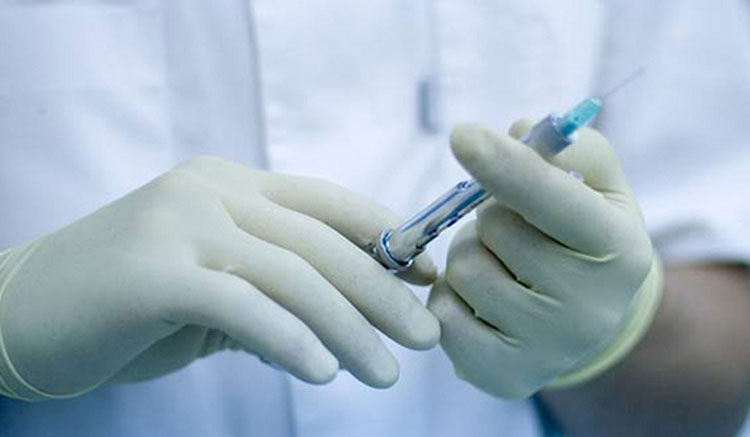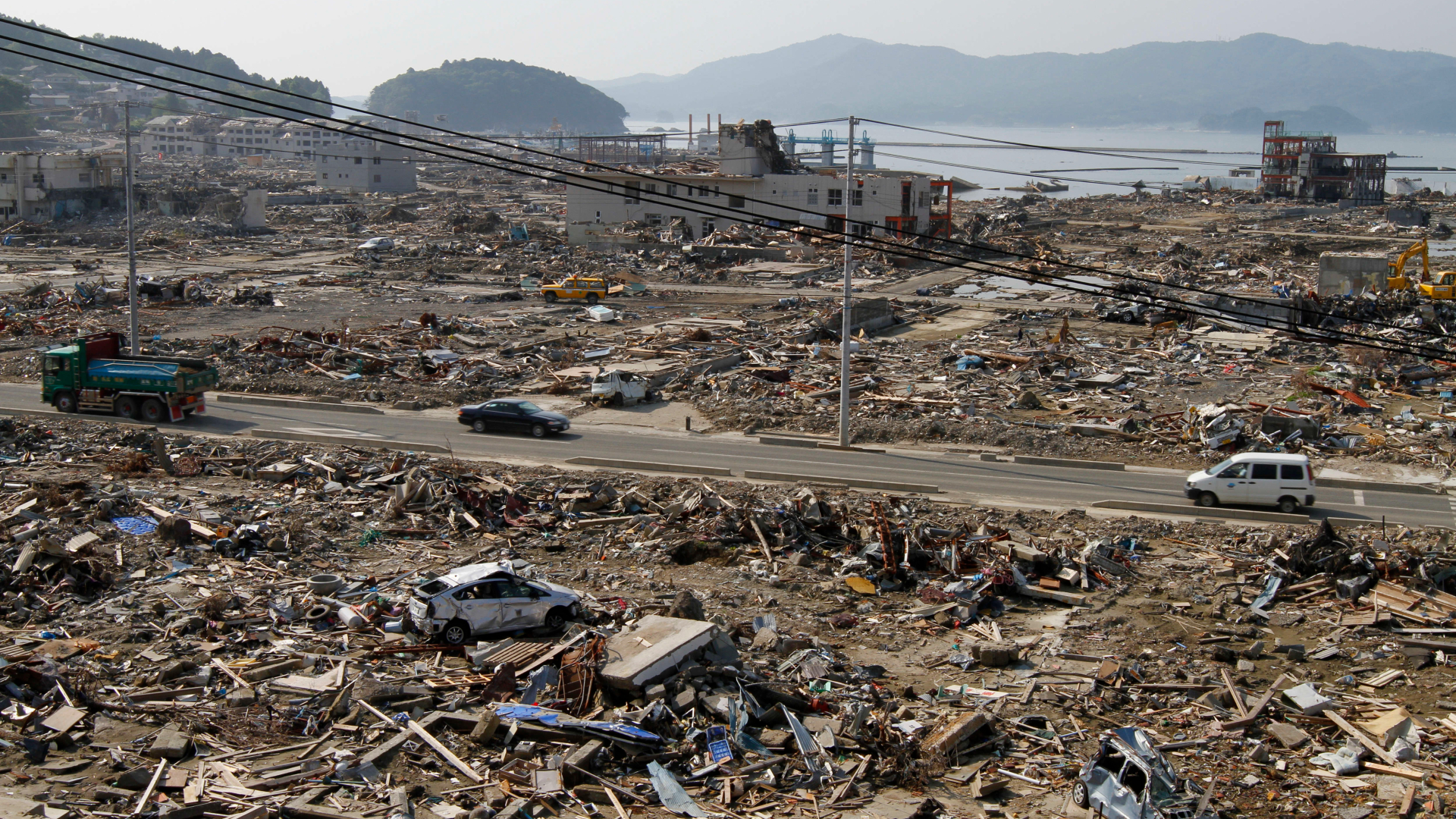HPV Vaccine Reduces Anal Cancer Risk in Men

Get the world’s most fascinating discoveries delivered straight to your inbox.
You are now subscribed
Your newsletter sign-up was successful
Want to add more newsletters?

Delivered Daily
Daily Newsletter
Sign up for the latest discoveries, groundbreaking research and fascinating breakthroughs that impact you and the wider world direct to your inbox.

Once a week
Life's Little Mysteries
Feed your curiosity with an exclusive mystery every week, solved with science and delivered direct to your inbox before it's seen anywhere else.

Once a week
How It Works
Sign up to our free science & technology newsletter for your weekly fix of fascinating articles, quick quizzes, amazing images, and more

Delivered daily
Space.com Newsletter
Breaking space news, the latest updates on rocket launches, skywatching events and more!

Once a month
Watch This Space
Sign up to our monthly entertainment newsletter to keep up with all our coverage of the latest sci-fi and space movies, tv shows, games and books.

Once a week
Night Sky This Week
Discover this week's must-see night sky events, moon phases, and stunning astrophotos. Sign up for our skywatching newsletter and explore the universe with us!
Join the club
Get full access to premium articles, exclusive features and a growing list of member rewards.
The human papilloma virus (HPV) vaccine prevents anal cancer in young men, a new study says.
Vaccinated men and boys in the study had a 75 percent reduced risk of anal cancer . Participants in the study were men who have sex with men a group at particularly high risk for the disease.
"Almost six thousand people every year in this country are diagnosed with anal cancer, and more than 700 people die from the disease," said study researcher Dr. Joel Palefsky, director of the Anal Neoplasia Clinic at the University of California, San Francisco. "What this trial showed is that those cancers and deaths could be prevented."
The HPV vaccine was originally intended to prevent cervical cancer in girls and women. Yesterday, an advisory panel for the Centers of Disease Control and Prevention (CDC) voted to recommend the vaccine for boys as well . The new study was one piece of evidence the CDC considered before making its recommendation.
The study will be published tomorrow (Oct. 27) in the New England Journal of Medicine.
HPV and cancer
Anal cancer can be caused by infection with HPV. The HPV vaccine Gardasil protects against infection with HPV 16 and 18, the most common HPV types involved in anal cancer, and HPV 6 and 11, the most common types in genital warts.
Get the world’s most fascinating discoveries delivered straight to your inbox.
The new study included 602 men who have sex with men between the ages of 16 and 26 from Australia, Brazil, Canada, Croatia, Germany, Spain and the United States. All of the participants had had at least one, but no more than five, sexual encounters over the study period.
Participants were randomly assigned to receive the three shots of the Gardasil vaccine, or a placebo. Researchers followed up with the patients for three years after their last shot.
Effective for boys and men
The vaccine reduced anal infections with HPV, and lesions that can lead to cancer known as high-grade anal intraepithelial neoplasia.
The vaccine reduced the incidence of these cancer precursors by nearly 75 percent among those who had not been previously exposed to any of the HPV types in the vaccine. Among those who had been previously exposed to one or more of the virus strains in the vaccine, the vaccine reduced the incidence of the precancerous lesions by 54 percent.
"The ideal time to begin vaccination would be before initiation of sexual activity, but vaccination may also be useful after initiation of sexual activity," Palefsky said.
Pass it on: The HPV vaccine reduces the risk of anal cancer in men who have sex with men.
- 5 Dangerous Vaccination Myths
- Beyond Vaccines: 5 Things that Might Really Cause Autism
- Should the HPV Vaccine Be Mandatory? Health Experts Weigh In
Follow MyHealthNewsDaily staff on Twitter @MyHealth_MHND. Find us on Facebook.
 Live Science Plus
Live Science Plus











